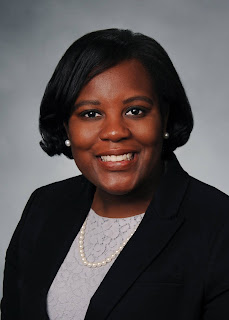Posts
Showing posts from October, 2020
Maryland Enacts New Laws Effective October 1, 2020
- Get link
- X
- Other Apps
Congratulations to Partner Tara Barnes Taylor on her Recent Recognition in the Maryland Bar Journal!
- Get link
- X
- Other Apps
SB0017 Seeks to Prohibit Insurers from Using Credit History to Determine Insurance Premiums
- Get link
- X
- Other Apps
RSRM Congratulates its Attorneys on their Maryland Bar Foundation Fellowships!
- Get link
- X
- Other Apps

